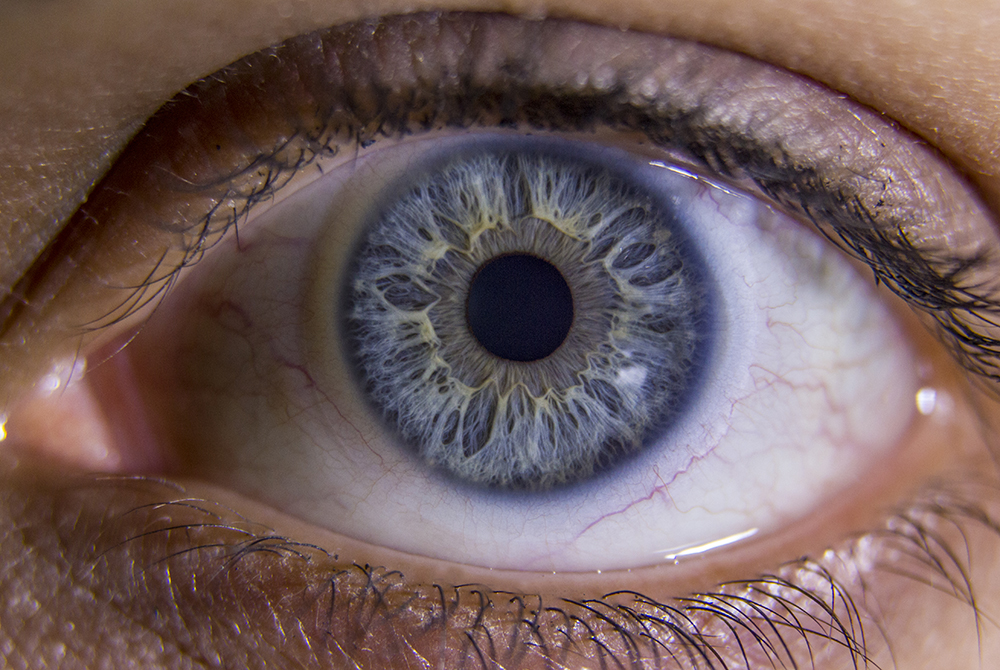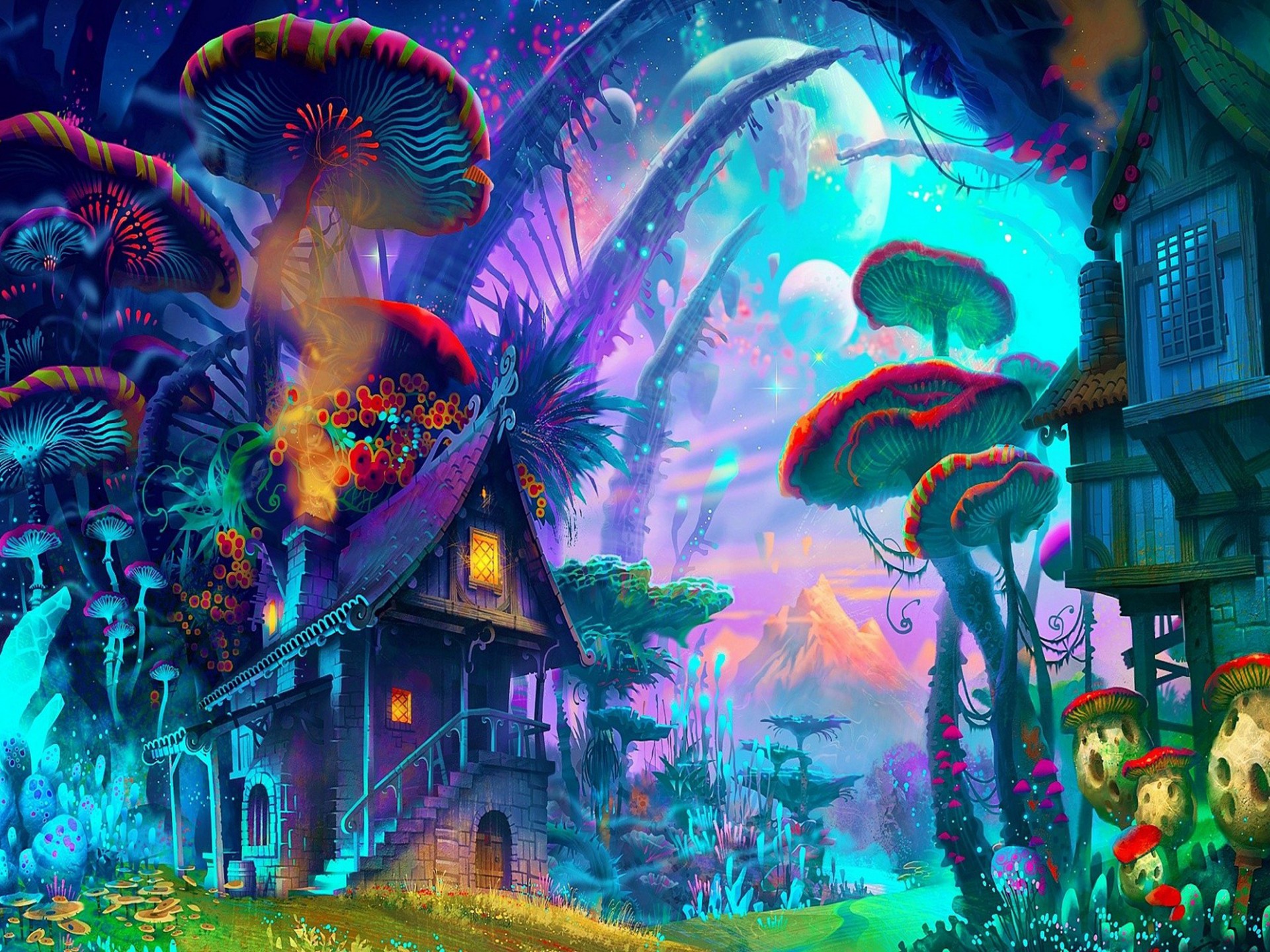
Symptoms of psychosis can vary depending on which drugs have been taken and the quantity that has been taken, but heavy and excessive use can result in prolonged symptoms.ĭrugs such as cocaine, cannabis and hallucinogens can also cause symptoms of psychosis, but can also worsen symptoms of existing mental illnesses. The drugs that are often reported in cases of drug-induced psychosis, and are most likely to result in psychotic symptoms, include Methamphetamine, psychedelic drugs such as LSD, and club drugs such as ecstasy and MDMA.

Extensive use of drugs and alcohol can also cause symptoms of psychosis to occur even if you aren’t diagnosed with co-occurring mental illness. If you have an underlying mental health condition, then use of psychoactive drugs will likely worsen your symptoms, result in extreme paranoia, and can speed up the onset of psychotic disorders such as bipolar disorder and schizophrenia. The symptoms of drug-induced psychosis are often gradual, with toxicity of the drug becoming more dangerous as the frequency and dosage of the drug increases with dependency. Priory deliver expert addiction treatment and rehabilitation. To find out how we can help you to get your life back on track, call us today on 08 or enquire online.

Hallucinations refer to intense sensory perceptions of phenomena that are not real, and are characterised by individuals vividly feeling, seeing or hearing things that do not truly exist.Ĭovid-19: click here for more information on how we’re currently delivering services

Delusions are irrational beliefs that a person holds, even when they are presented with evidence that contradicts these beliefs. Psychosis is often characterised by delusions or hallucinations, which are experiences that are far removed from reality. It can also occur when if you have an adverse reaction from mixing different substances, or withdrawing from a drug, prescribed or otherwise. This can either exacerbate or trigger the onset of mental illnesses such as bipolar disorder and schizophrenia, which can be characterised by symptoms of psychosis, due to being predisposed to the condition.ĭrug-induced psychosis is often caused by taking too much of a certain drug, so that its level of toxicity provokes paranoia and a psychotic episode. Drug-induced psychosis, also known as ‘stimulant psychosis’, happens when you experience episodes of psychosis such as delusions or hallucinations as a direct result of substance abuse. Psychosis is a mental health problem that temporarily causes someone to interpret the world differently from those around them. This page was medically reviewed by Stephanie Chick (FDAP), Senior ATP (Addiction Treatment Programme) Therapist at Priory Hospital North London , in July 2020.


 0 kommentar(er)
0 kommentar(er)
